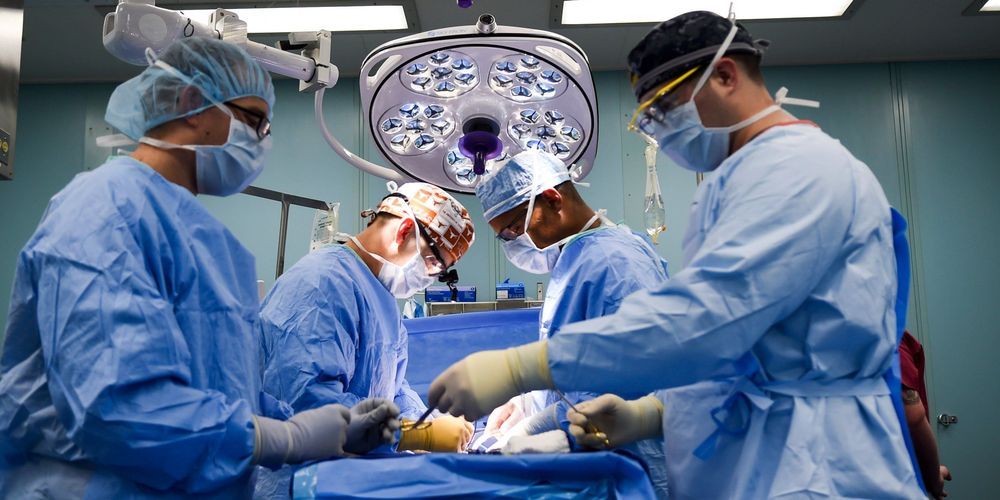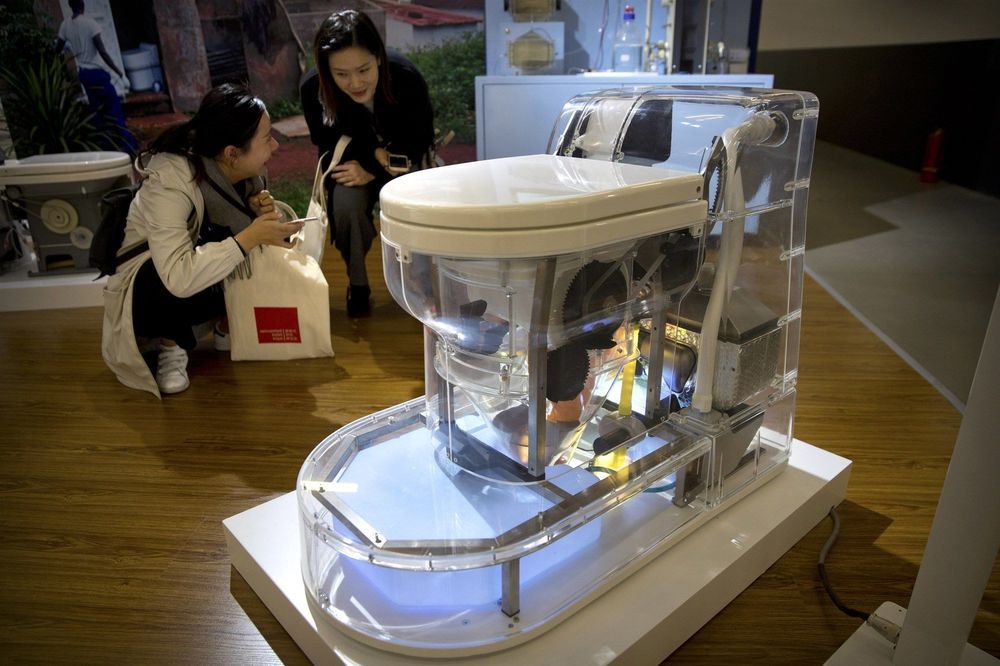The fruit flies in Noah Whiteman’s lab may be hazardous to your health.
Whiteman and his University of California, Berkeley, colleagues have turned perfectly palatable fruit flies—palatable, at least, to frogs and birds—into potentially poisonous prey that may cause anything that eats them to puke. In large enough quantities, the flies likely would make a human puke, too, much like the emetic effect of ipecac syrup.
That’s because the team genetically engineered the flies, using CRISPR-Cas9 gene editing, to be able to eat milkweed without dying and to sequester its toxins, just as America’s most beloved butterfly, the monarch, does to deter predators.





